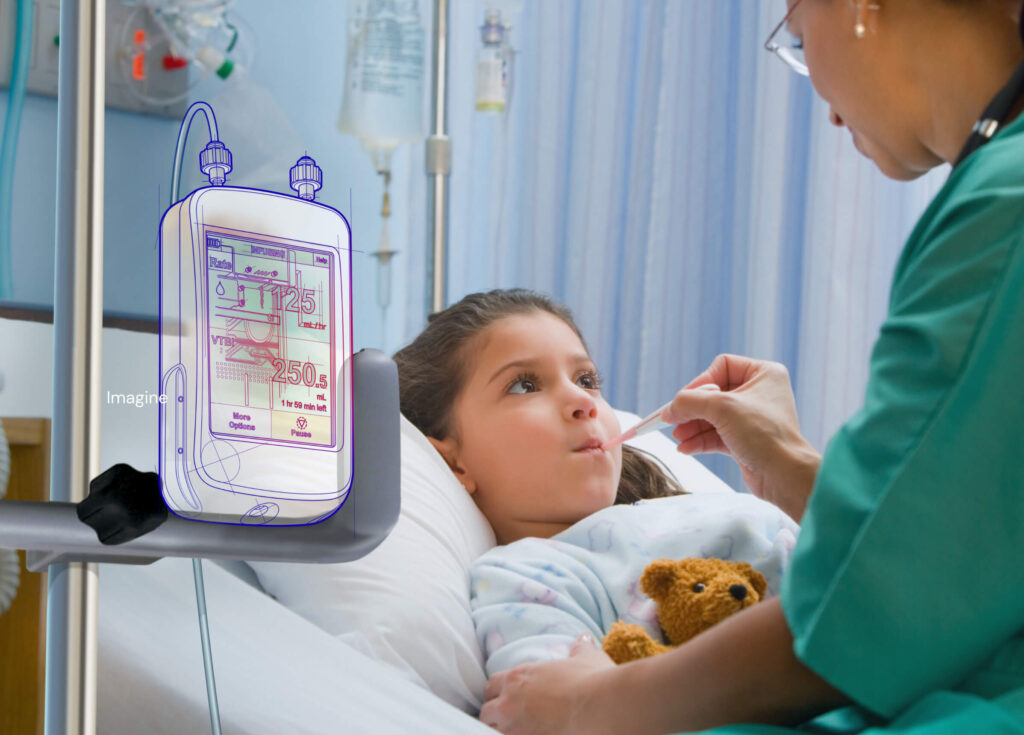Service Desk for PTC Windchill and ThingWorx IIoT
![]()
![]()
Use the Boston Engineering customer portal to submit service requests, get status updates, and Check PLM/IIoT KPIs.
![]()
![]()
Use the Boston Engineering customer portal to submit service requests, get status updates, and Check PLM/IIoT KPIs.

Managed services portal access

PTC + ThingWorx + Vuforia

Ansys
